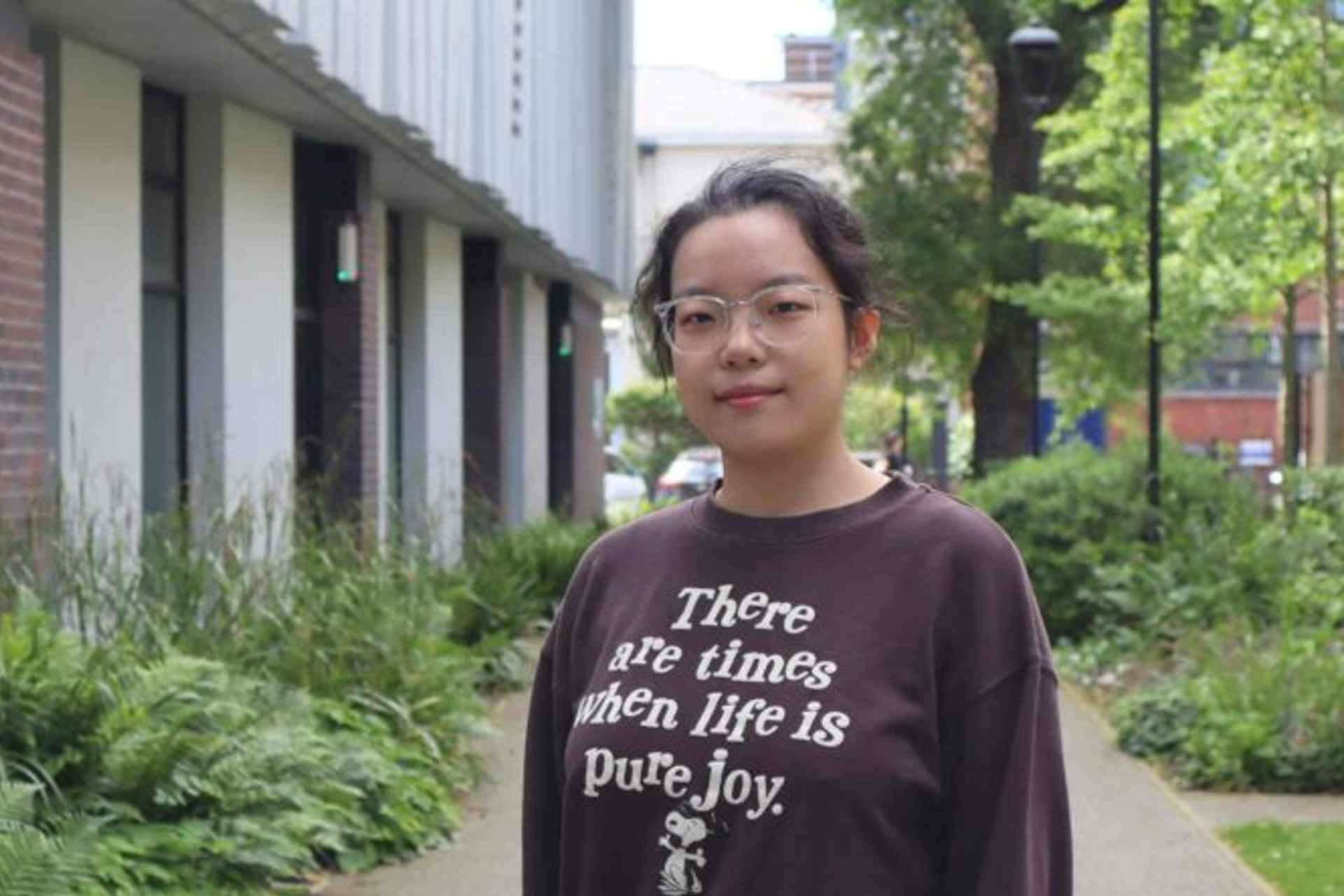If you study English and Communications Studies BA at XJTLU you'll study English and Communication Studies at the University of Liverpool on the XJTLU 2+2 programme. View all XJTLU 2+2 programmes.
Course overview
Within this programme, you will take half of your studies in the Department of Communication and Media and the other half in the Department of English.
You will choose modules worth 30 credits from each department in each semester of study. For the Communication Studies half of the programme, you can choose from the same range of modules as other students in the Department of Communication and Media. For the English half of your programme, you will choose from the same range of modules offered by the Department of English, as outlined below.

We’re proud to announce we’ve been awarded a Gold rating for educational excellence.
Fees and funding
Tuition fees cover the cost of your teaching and assessment, operating facilities such as libraries, IT equipment, and access to academic and personal support.
All XJTLU 2+2 students receive a partnership discount of 10% on the standard fees for international students. We also offer 50 XJTLU Excellence Scholarships providing a 25% discount on tuition fees to the students that score most highly in stage 2 at XJTLU across the different subject areas. Allocation is based on the number of applications received per programme.
The net fees (inclusive of the discounts) can be seen below.
Tuition fees
2026 tuition fee (full) - £27,000
2026 tuition fee for XJTLU 2+2 students (inclusive of 10% discount) - £24,300
2026 tuition fee for XJTLU 2+2 students qualifying for Excellence Scholarship (inclusive of 25% discount) - £20,250
Fees stated are for the 2026-27 academic year.
Course content
Discover what you'll learn, what you'll study, and how you'll be taught and assessed.
Year two
English
Year two focuses on the major periods of English Literature and core aspects of English Language study. Modules available examine the literature of specific historical periods, eg the Renaissance, Victorian, or modernist, or areas of language study including child language acquisition or psycholinguistics.
Communication Studies
Your year two modules offer plenty of options, so you can begin to specialise in the areas which interest you most or which might prove valuable for your chosen career. For example, you can delve more deeply into film and the entertainment industry, artificial intelligence or digital cultures. Or you can explore some of the practices associated with promotional media or working with data.
You will take two modules that will introduce you to academic research and support you to practice and develop your research skills.
Programme details and modules listed are illustrative only and subject to change.
On the 2+2 programme, you'll study your third and fourth years at the University of Liverpool. These will be year two and year three of the University of Liverpool's programme of study.
Programme details and modules listed are illustrative only and subject to change.
Modules
| Compulsory modules | Credits |
|---|---|
| COMMUNICATION AND MEDIA RESEARCH I (COMM207) | 15 |
| COMMUNICATION AND MEDIA RESEARCH II (COMM208) | 15 |
Programme details and modules listed are illustrative only and subject to change.
Year three
English
In Year three the emphasis is on specialisation within different literary genres and on the social, legal and other contexts of English language. You will also develop skills of independent research – for instance, by choosing to write a dissertation on a topic of your own design – and you will also have the option to take a work placement module that will give you workplace experience with an organisation relevant to your degree.
Communication Studies
Your final year offers an even wider range of options, designed to provide opportunities to specialise further in your chosen areas of the subject and to strengthen your employability and research skills. Some modules encourage you to deepen your understanding of the topics studied in year two, but you can also learn to study magazines and design your own, explore how media represent human rights issues or the environment, or discover areas as diverse as photography, strategic communication or queer film, for example.
Students must take one of the following modules involving independent study in their final year:
- COMM401
- COMM335
- SOTA300
- COMM342
- ENGL311
- ENGL379
- ENGL380
Notice
English modules: In order to study any language module in year three, you must take at least one language module in year two. In order to study any literature module in year three, you must take at least one literature module in year two.
Programme details and modules listed are illustrative only and subject to change.
On the 2+2 programme, you'll study your third and fourth years at the University of Liverpool. These will be year two and year three of the University of Liverpool's programme of study.
Programme details and modules listed are illustrative only and subject to change.
Modules
Programme details and modules listed are illustrative only and subject to change.
Your experience

There are more opportunities for us to build a global mind here at Liverpool and I can feel the support for all aspects here.